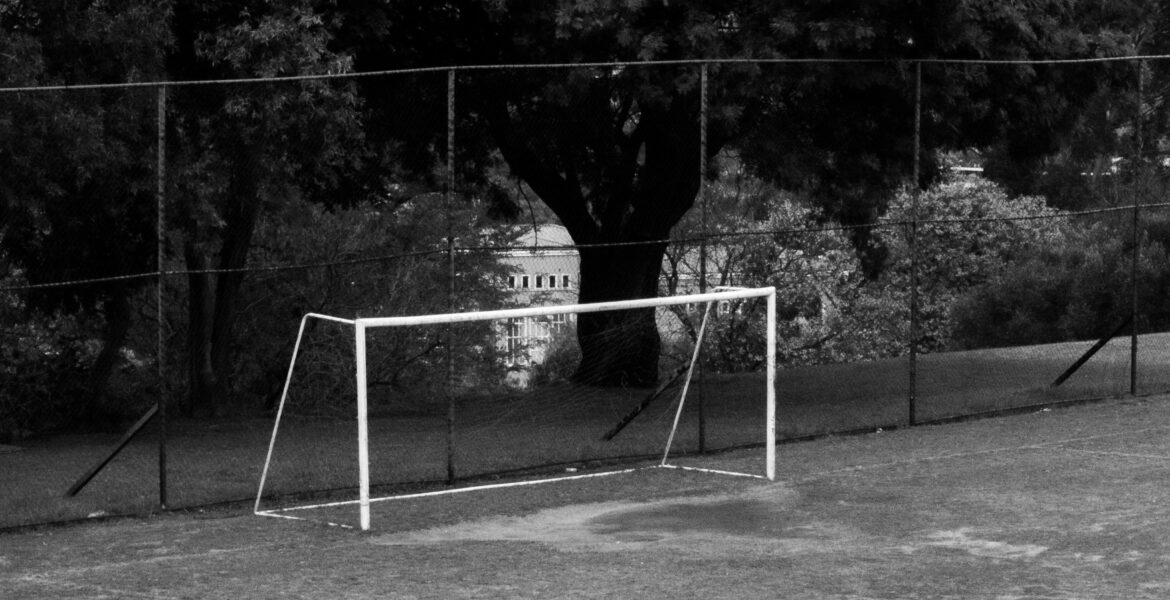GAZETTE REPORTER
Newly elected Botswana National Olympic Committee (BNOC) President Tshepo Sitale has warned that Botswana could face a severe shortage of athletes by 2032 if the suspension of school sport is not urgently addressed.
Speaking during a press conference in Gaborone on Monday, Sitale said the absence of school sport (since March 2020, due to budgetary constraints), threatens the foundation of the country’s sporting development. He stressed that although the issue largely lies between government, unions, and other stakeholders, the wider sports community must also help find lasting solutions.
He described the matter as “the elephant in the room,” noting that the gap created by the suspension could cripple future national teams. “We know that it’s a matter between government, unions, and other stakeholders, but we are also players and can offer alternatives to make sure that, at the end, sport wins,” Sitale said.
PARTNERSHIPS BEYOND MONEY
Sitale said the new BNOC executive is determined to foster partnerships that go beyond financial assistance, arguing that collaboration and service-based contributions can make a significant difference in developing sport.
“As a new board, we are intentional about forming partnerships — sometimes it’s not about money; it’s about service. What matters is that collaboration adds value to our sporting programs,” he explained.
COLLABORATION THROUGH DATA
The BNOC president further highlighted the need for unity among sporting codes through data and knowledge sharing, adding that sport science must guide Botswana’s next phase of progress.
“Gone are the days when football would play in Uganda and, days later, another code would go there without any background information. Sporting codes must share data and work together — our sport will do wonders if we achieve that,” he said.
Sitale concluded by reaffirming BNOC’s commitment to strengthening links between national sport structures and development programs such as Re Ba Bona Ha and out-of-school initiatives.

